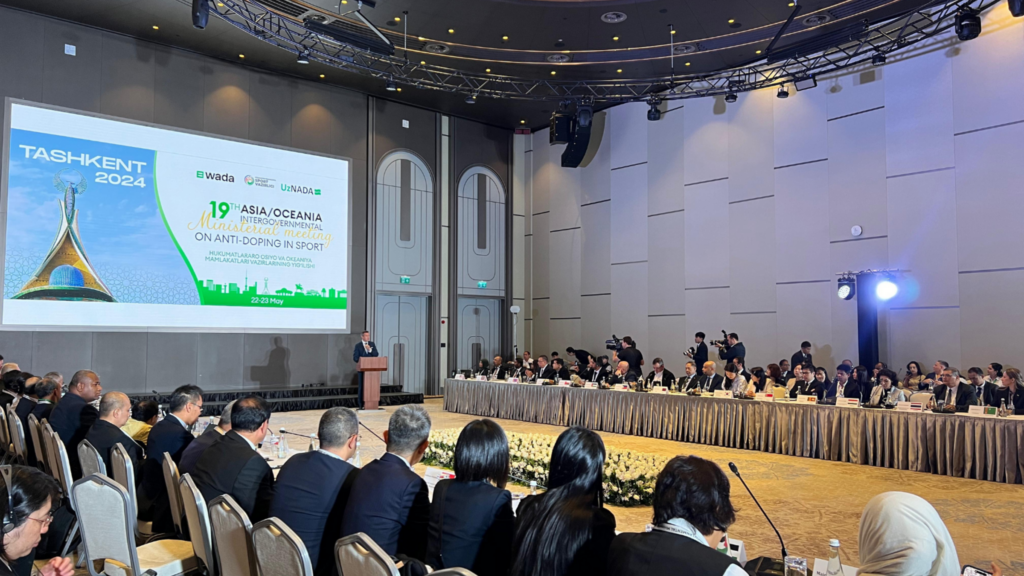[ad_1]
Source link : https://www.wada-ama.org/en/news/wada-looks-future-anti-doping-asiaoceania-region-during-intergovernmental-ministerial-meeting
Author :
Publish date : 2024-05-23 03:00:00
Copyright for syndicated content belongs to the linked Source.
